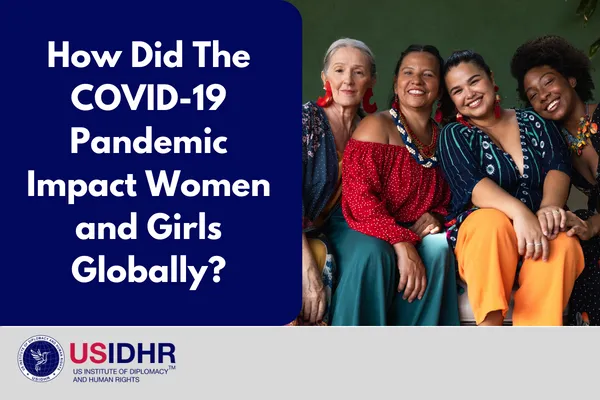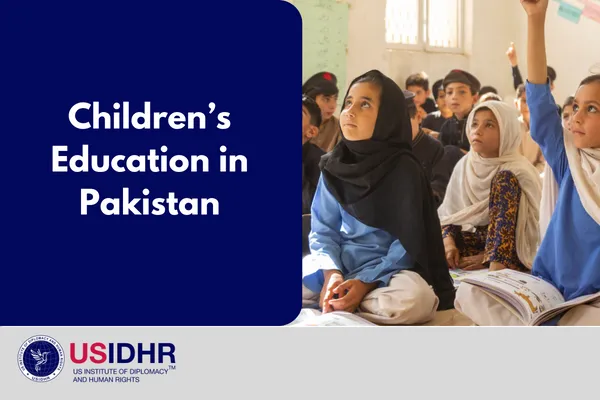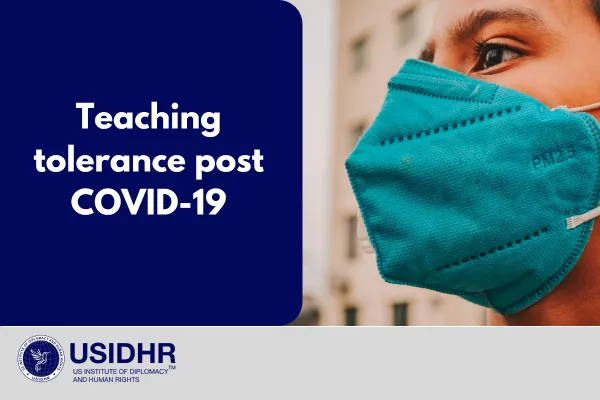
The rise of Covid-19 has also resulted in the rise of hate crimes against certain ethnic groups and members of society. False stereotypes and misinformation have increased intolerance and division in our societies around the world. The global pandemic of coronavirus does not discriminate against certain races yet in the United States ‘The violence has left many Asian Americans across the country feeling targeted, wondering whether these are random acts of crime- or fuelled by anti-Asian bias’[1] Recently, the hashtag '#StopAsianHate'[2] has been trending on Twitter, highlighting the scale of the issue.
What is a hate crime?
Firstly, what is the definition of a hate crime? It is legally defined as:
‘Any criminal offence which is perceived by the victim or any other person, to be motivated by hostility or prejudice based on a person’s race or perceived race; religion or perceived religion; sexual orientation or perceived sexual orientation; disability or perceived disability and any crime motivated by hostility or prejudice against a person who is transgender or perceived to be transgender.’[3]
Essentially, this means that someone is targeted because of their religion, ethnicity, sexuality, gender and/or disability.
Why has there been an increase?
A study led by the Center for the Study of Hate and Extremism at California State University found an almost '150% increase in Anti-Asian hate crimes in 2020'[4]. This is not a coincidence. A natural human reaction to fear is to blame someone or something so as to try to control the situation ‘Fear leads to the desire to understand and control situations. Of course, this fear is founded on nothing except racism but from this we see a surge of prejudice and discrimination prescribing an “otherness” to disease to feel protected.’[5]. This has happened throughout history, with the rise of a disease or a terrorist attack resulting in the intolerance towards a particular group. We’ve seen this through the increase of Islamophobia after 9/11, 'violence against LGBTQ+ people during the rise of HIV'[5], and now violence and discrimination against Asian people after coronavirus.
How does this affect our human rights?
'Antonio Guterres'[6], the UN Secretary-General, has stated his concern over the rise of violence against Asians. The UN Declaration of Human Rights, consisting of 30 rights and freedoms that belong to every human being, promotes the idea of religious freedom in Article 18: ‘Everyone has the freedom to think or believe what they want, including the right to religious belief. We have the right to change our beliefs or religion at any time, and the right to publicly or privately practice our chosen religion, alone or with others.’ We also have the right to live in safety through Article 3:‘We all have the right to life, and to live in freedom and safety.’ [7].This means that every human being, regardless of their race, ethnicity, religion or nationality, has the right to live in peace.
Intolerance doesn’t need to be our future.
As citizens of the world, we all have a duty to support each other and fight against racism and discrimination. Without inter culturalism and diversity, our society will not progress and develop positively. Here at USIDHR, through our
'Teaching Tolerance program'[8], we want there to be a greater awareness surrounding religious and cultural freedoms in communities and for everyone to be able to exercise their human rights freely and daily. Now, more than ever, we need to fight against hate crimes and damaging misinformation, and this starts with education and raising awareness.
Reference list:
Join One of Our Certificate Trainings:
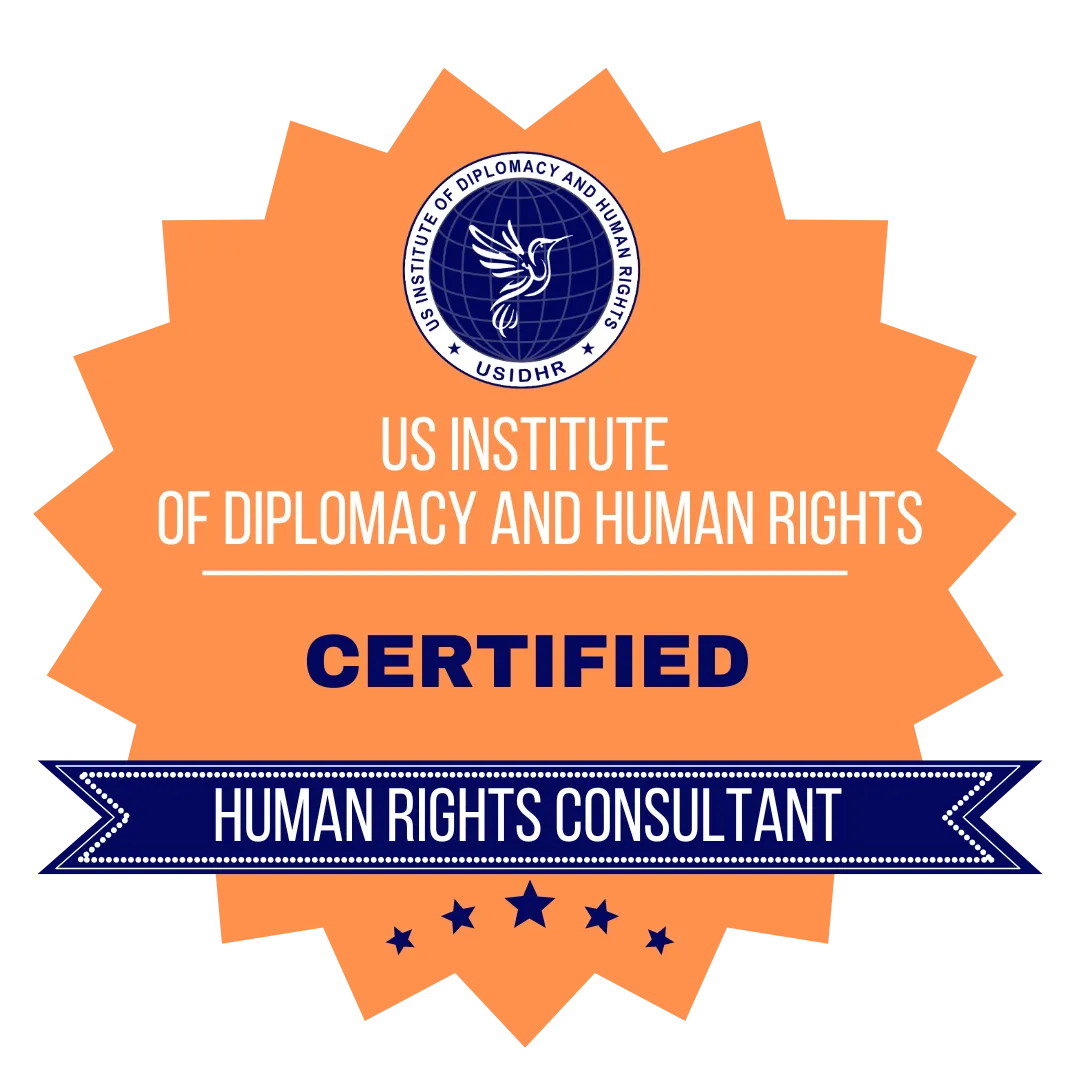
Human Rights Education Certification Training
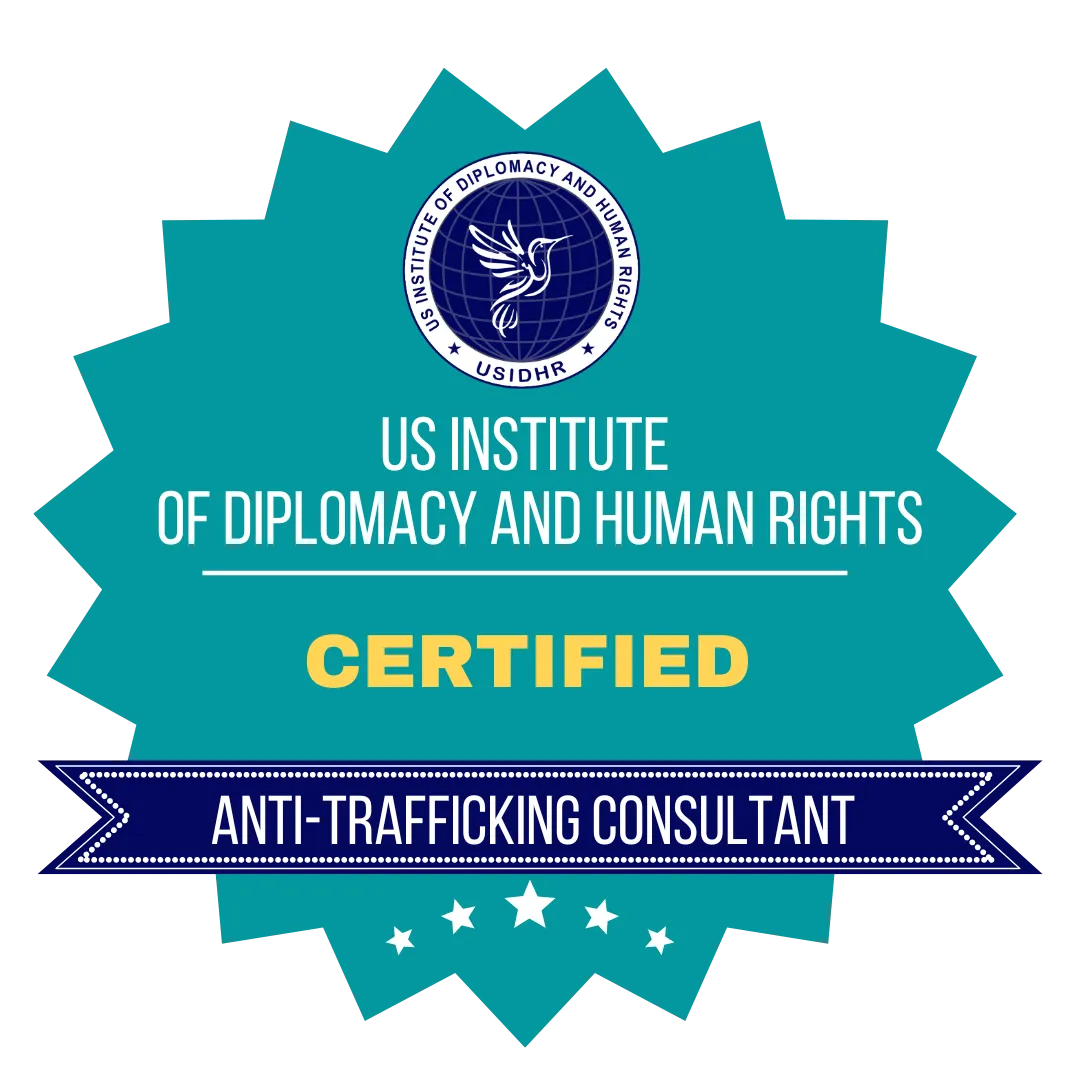
Human Trafficking Certification
Training
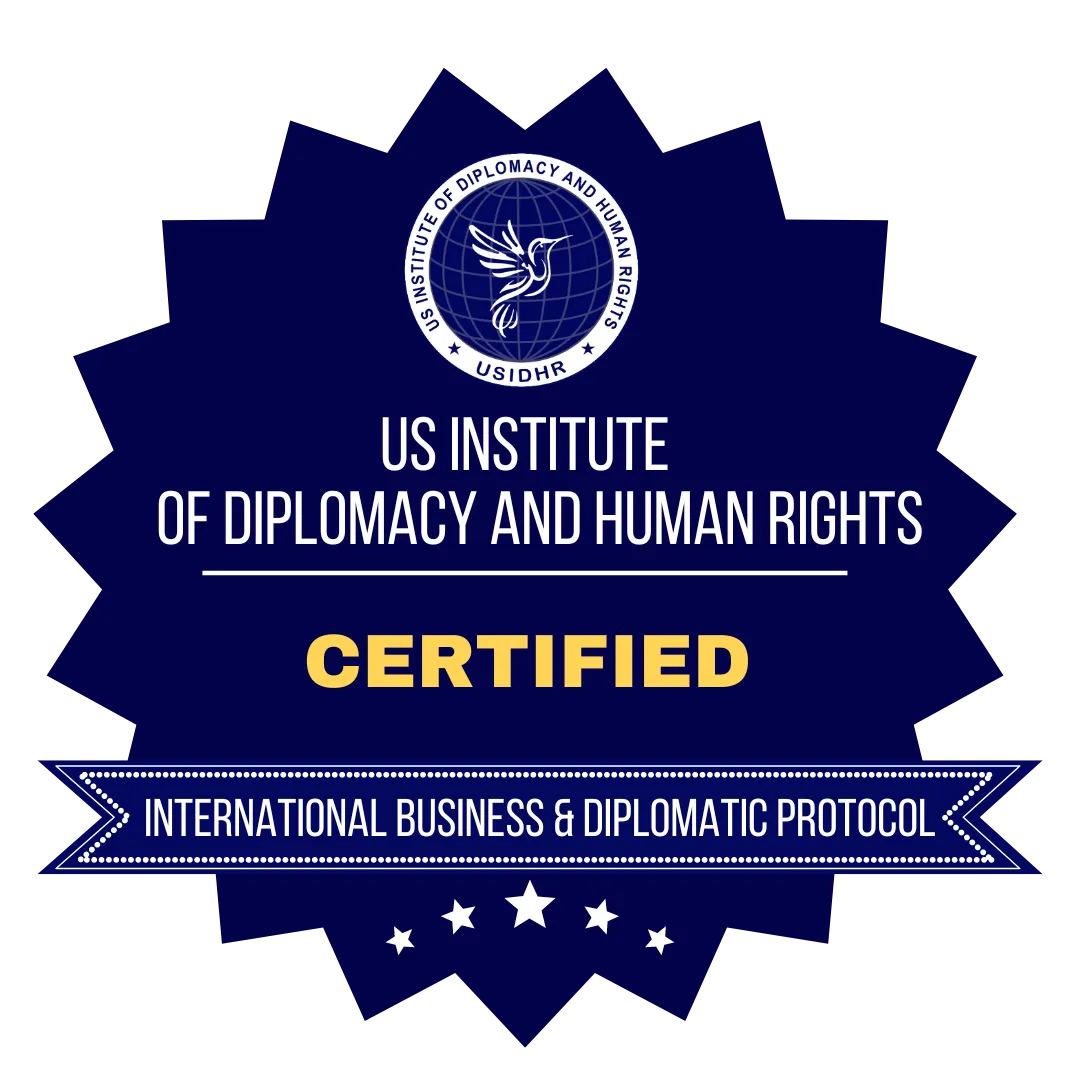
International Business and Diplomatic Protocol Certification
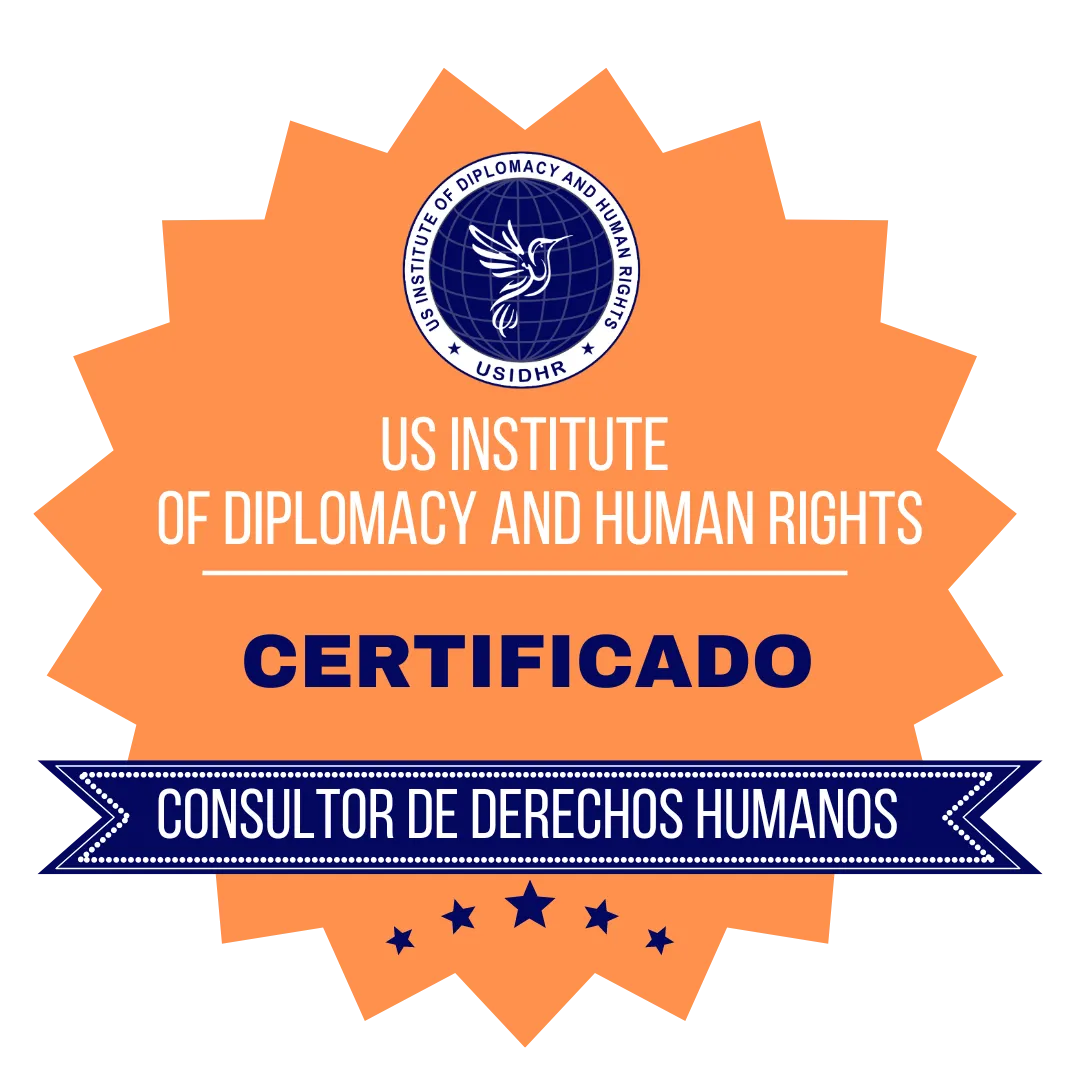
Capacitación En Derechos Humanos
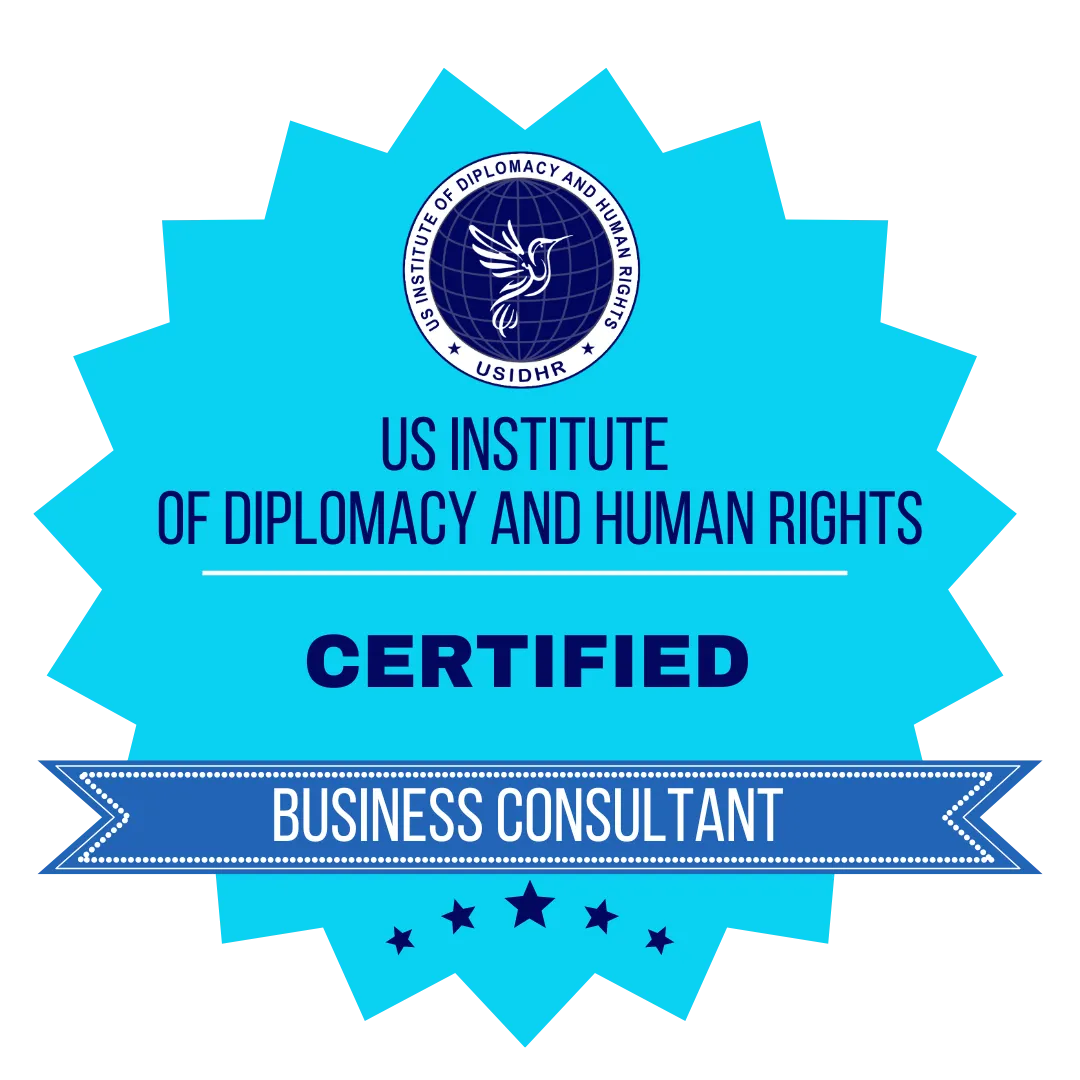
Business Consulting Certification Training
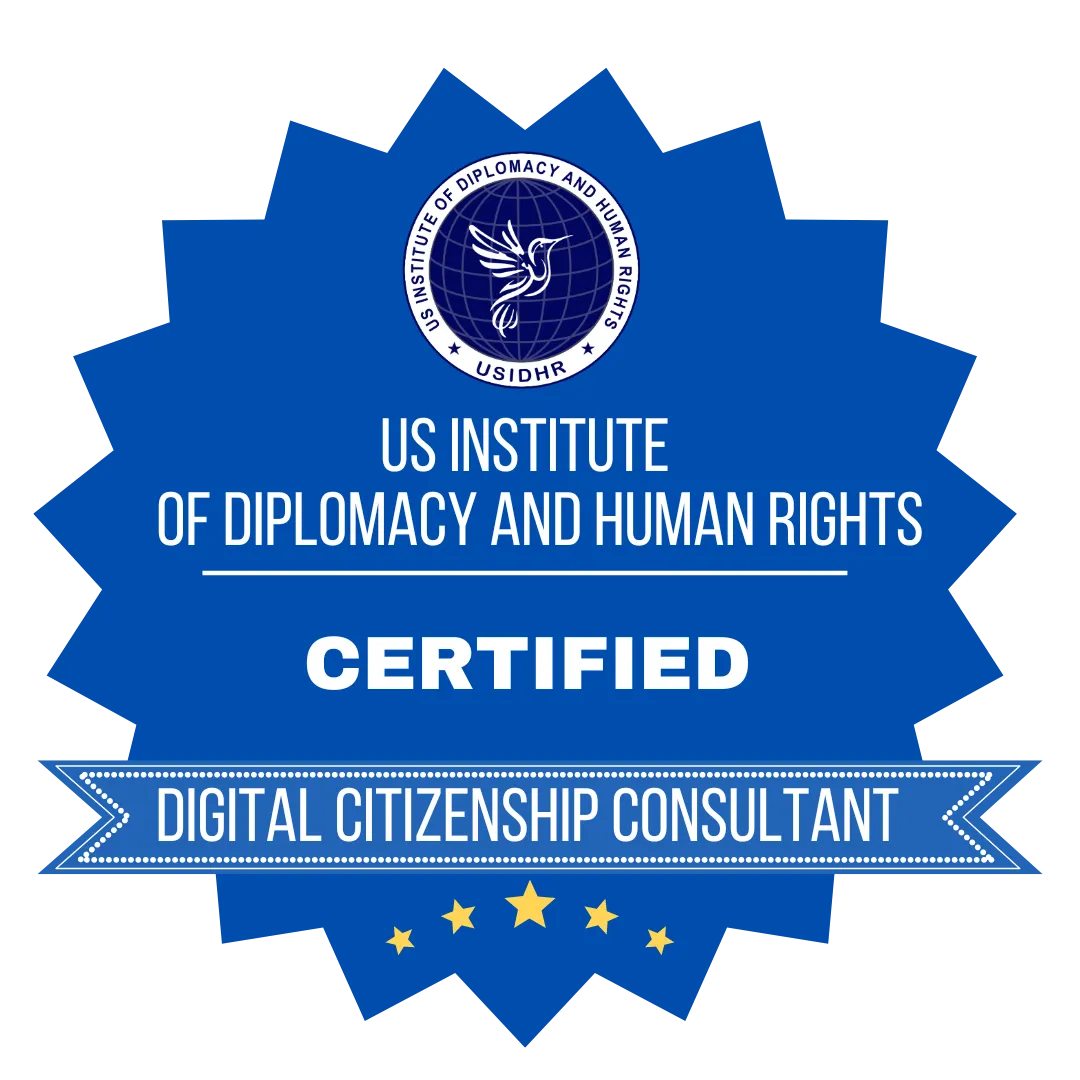
Digital Citizenship Certification
Training

The US Institute of Diplomacy and Human Rights (USIDHR) is an International Continuing Professional Development (CPD) Accredited Organization. Accredited CPD training means the learning activity has reached the required Continuing Professional Development standards and benchmarks. The learning value has been scrutinized to ensure integrity and quality. The CPD Certification Service provides recognized independent CPD accreditation compatible with global CPD requirements
US Institute Of Diplomacy And Human Rights
1250 Connecticut Ave NW Ste 700, Washington, DC 20036


